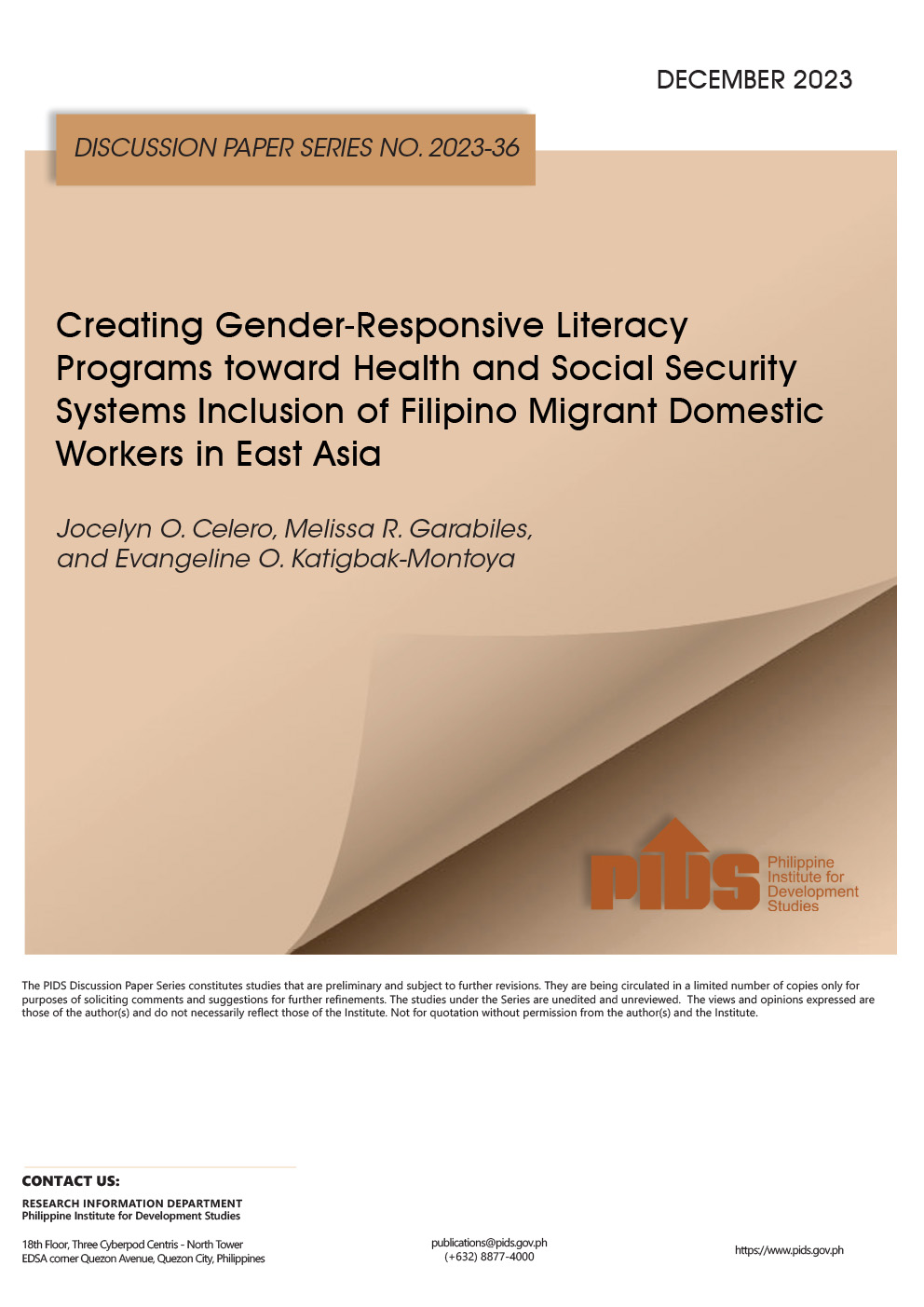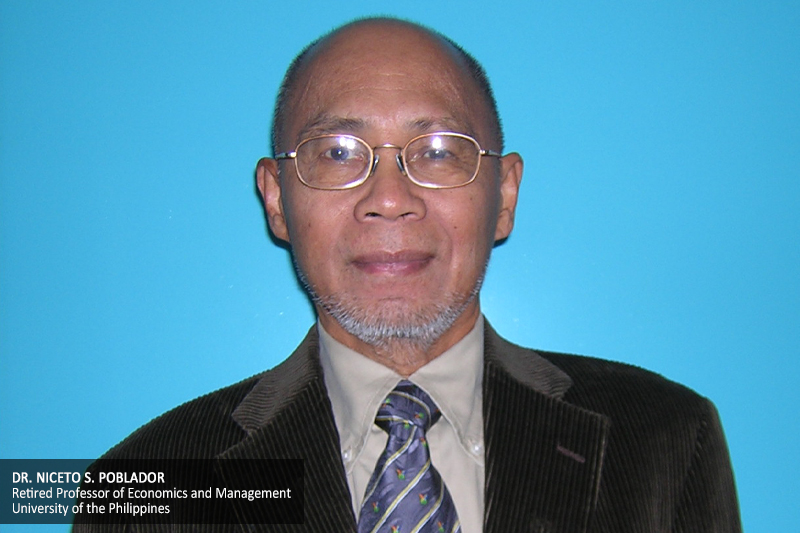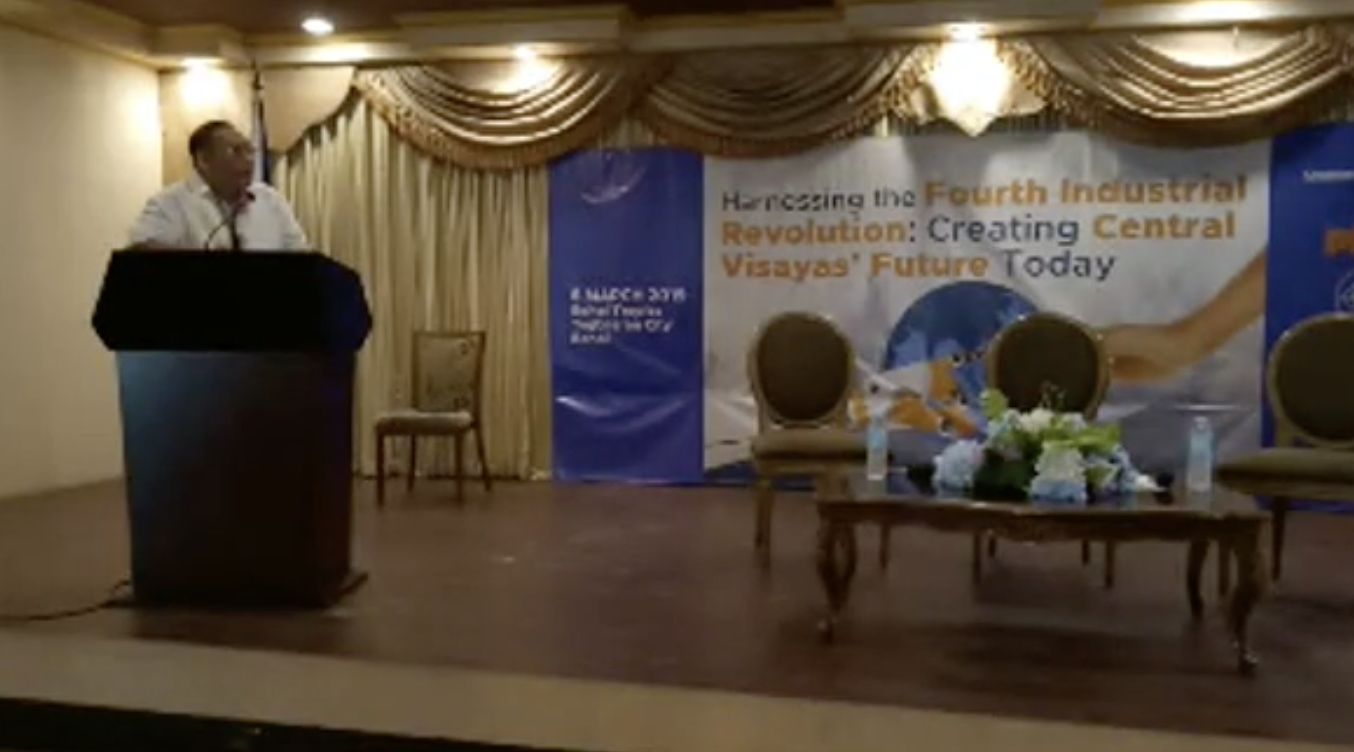THE House of Representatives on Monday passed on third reading a bill creating the Department of Economics and Development Planning (DEDP).
House Bill 1062, if passed into law, will abolish the National Economic and Development Authority (NEDA).
NEDA's powers and functions will be transferred to the DEDP. Its attached agencies, officials and employees will also be absorbed under the DEDP.
Under the bill, the DEDP "shall serve as the primary government agency tasked to prepare and recommend national economic development goals, policies, programs and monitor the implementation of the same."
Among the agencies to be absorbed in the proposed DEDP are the Commission on Population and Development, the Philippine Institute for Development Studies, the Philippine National Volunteer Service Coordinating Agency, the Philippine Statistics Authority, and the Philippine Statistical Research and Training Institute.
The Public-Private Partnership Center of the Philippines and the Tariff Commission "shall be attached to the DEDP for administrative purposes only." The DEDP "shall serve as the principal secretariat" of the Legislative-Executive Development Advisory Council.
It will formulate the country's long-term development framework which is defined as a high-level and broad strategy that spans 25 years.
The bill also tasks the DEDP to formulate the National Framework for Physical Planning which "shall provide policies and principles to achieve efficient settlement, production, service delivery systems, and sustainable use of land and other physical resources in the country."
The bill also establishes the Economics and Development Planning Council which "shall be an executive collegial body responsible for directing and providing overall policy direction on economic, financial, social, and environmental matters to achieve inclusive and sustained economic growth."
Under the bill, the council shall be composed of, among others, the country's president as its chairman, the executive secretary, the DEDP secretary as vice chairman, and the governor of the Bangko Sentral ng Pilipinas.
The president may, however, revise the council's membership when it is deemed necessary.
House Bill 1062, if passed into law, will abolish the National Economic and Development Authority (NEDA).
NEDA's powers and functions will be transferred to the DEDP. Its attached agencies, officials and employees will also be absorbed under the DEDP.
Under the bill, the DEDP "shall serve as the primary government agency tasked to prepare and recommend national economic development goals, policies, programs and monitor the implementation of the same."
Among the agencies to be absorbed in the proposed DEDP are the Commission on Population and Development, the Philippine Institute for Development Studies, the Philippine National Volunteer Service Coordinating Agency, the Philippine Statistics Authority, and the Philippine Statistical Research and Training Institute.
The Public-Private Partnership Center of the Philippines and the Tariff Commission "shall be attached to the DEDP for administrative purposes only." The DEDP "shall serve as the principal secretariat" of the Legislative-Executive Development Advisory Council.
It will formulate the country's long-term development framework which is defined as a high-level and broad strategy that spans 25 years.
The bill also tasks the DEDP to formulate the National Framework for Physical Planning which "shall provide policies and principles to achieve efficient settlement, production, service delivery systems, and sustainable use of land and other physical resources in the country."
The bill also establishes the Economics and Development Planning Council which "shall be an executive collegial body responsible for directing and providing overall policy direction on economic, financial, social, and environmental matters to achieve inclusive and sustained economic growth."
Under the bill, the council shall be composed of, among others, the country's president as its chairman, the executive secretary, the DEDP secretary as vice chairman, and the governor of the Bangko Sentral ng Pilipinas.
The president may, however, revise the council's membership when it is deemed necessary.









